Just like their owners, horses will require periodic dental care. While things like cavities are less of an issue in a horse (unless you have fed your horse a diet with a lot of refined sugars), horses will need to have their teeth looked at. A horse's teeth grow continuously throughout most of the horse's life and fed a horse's natural diet of foraged grass and other plants, these teeth will wear themselves down at about the rate that the teeth grow in.
Unfortunately, one of the shortfalls of modern horse care is that horses have been removed from their natural conditions and are often fed types of feed that will not wear down the teeth as efficiently as the teeth were developed to.
Are there any dangers for a horse's teeth to wear out unevenly? Occasionally these mis-worn teeth will be ground into razor sharp hooks that can cause a horse serious discomfort. Often with the help of the halter, the cheek will be pressed against the tooth where it will be sliced into repeatedly. This can be very painful for the horse and an infection might develop over time.
If left unchecked, the uneven wear could eventually lead a horse to chew in an unnatural fashion that could, in the end, lead to a tooth that simply loosens and falls out. A horse with missing teeth will aggravate the problem and lead to more serious teeth uneven wearing problems.
It is not possible to let your modern horse out to pasture for long period of time a day. So what is the solution for this? Here is where equine dentists come into play. Using a rasp, either manually or by means of a power tool, an equine dentist will "float" your horse's teeth. The idea is that the sharp ridges and hooks that may have been created will be filed down, allowing the horse eventually to move its jaw in the correct manner and without pain.
The equine dentist will not file the horse's teeth to the point where they are smooth however. The horse will need her teeth to have some contours in order to chew effectively. The teeth will be filed to roughly the same length, and if a horse's canine tooth has grown too long, it may be filed as well. Occasionally, a tooth will be too long to be filed efficiently. When this happens, the dentist will use a specialized tool to cut the unwanted portion. This task especially is best left to a professional to ensure that your horse's tooth will not shatter.
In order to detect a dental problem in your horse, simply pay attention to how the horse eats. It is time to consult a equine dentist when you find your horse salivating more often, eating slower, dropping food from their mouths or feces with large pieces of food visible. If you are not sure where to locate a equine dentist in your city, you can ask your veterinarian or other horse owners for recommendation. In actual fact, many equine veterinarians are also trained in equine dentistry.

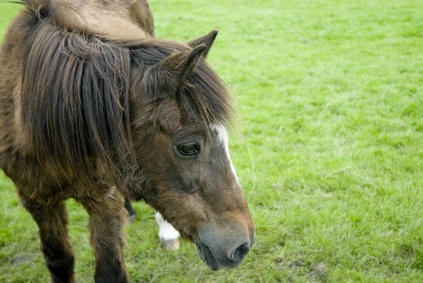 How to Put Weight on an Old Horse
How to Put Weight on an Old Horse
How
How to Put Weight on an Old Horse
How to Put Weight on an Old Horse
How
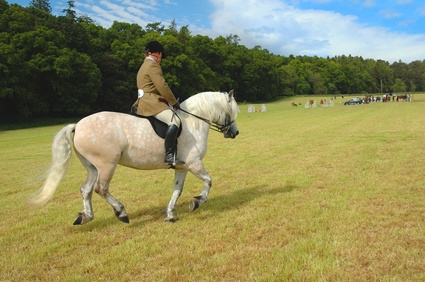 DIY Horse Trailer Living Quarters
DIY Horse Trailer Living Quarters
DIY
DIY Horse Trailer Living Quarters
DIY Horse Trailer Living Quarters
DIY
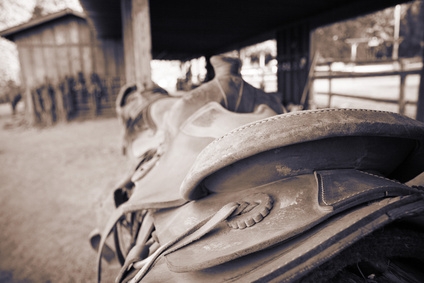 The Temperament of Gypsy Horses
The Temperament of Gypsy Horses
The Te
The Temperament of Gypsy Horses
The Temperament of Gypsy Horses
The Te
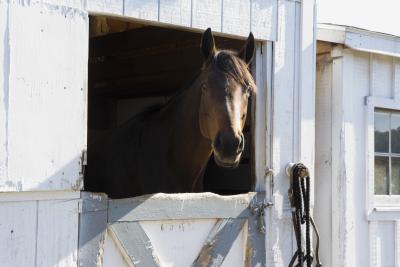 Ideas for Nice Horse Stalls
Ideas for Nice Horse Stalls
Ideas for
Ideas for Nice Horse Stalls
Ideas for Nice Horse Stalls
Ideas for
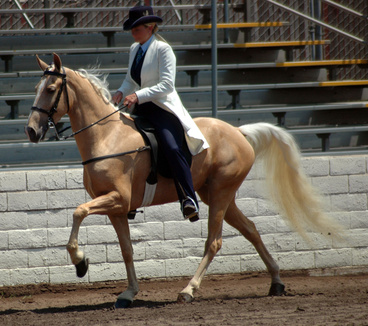 About Walking Horse Bridles
About Walking Horse Bridles
About Walk
About Walking Horse Bridles
About Walking Horse Bridles
About Walk